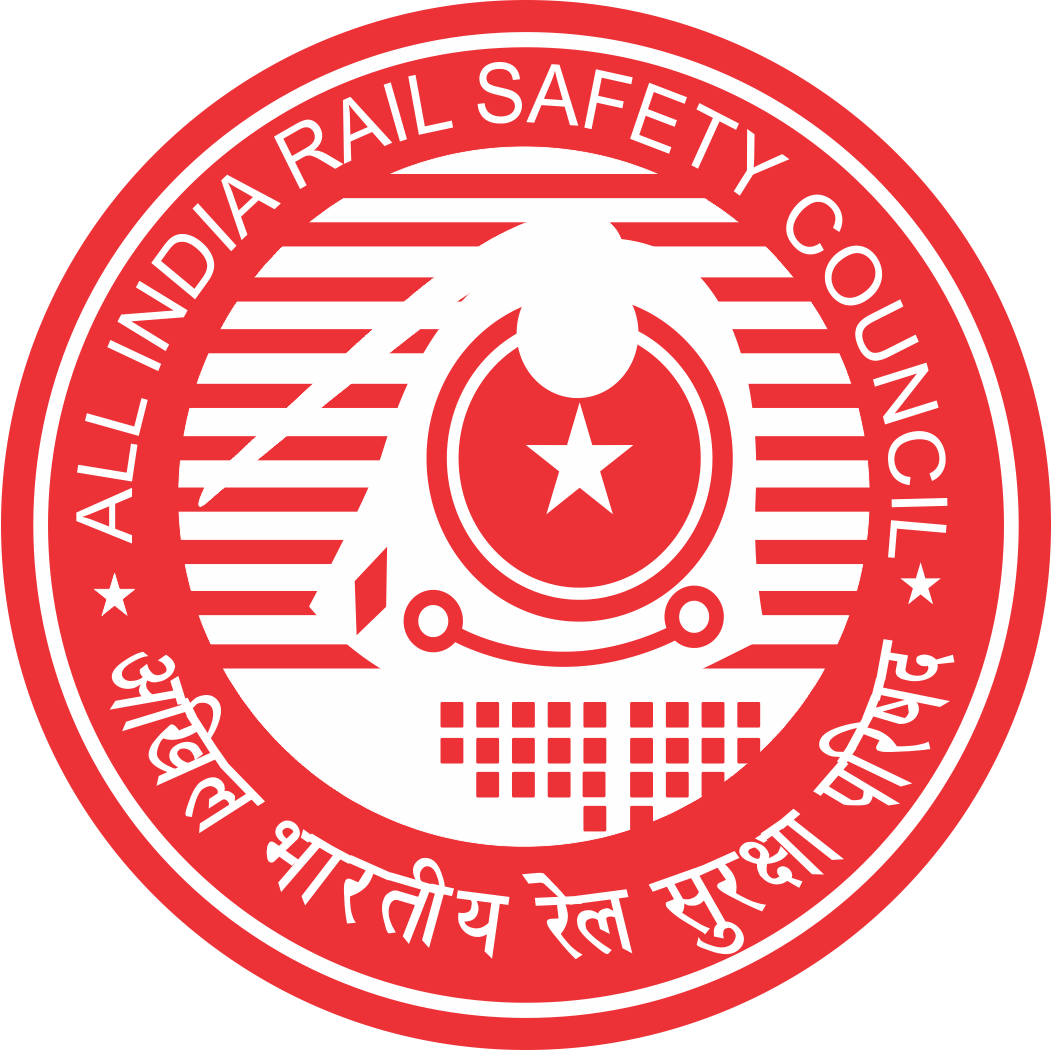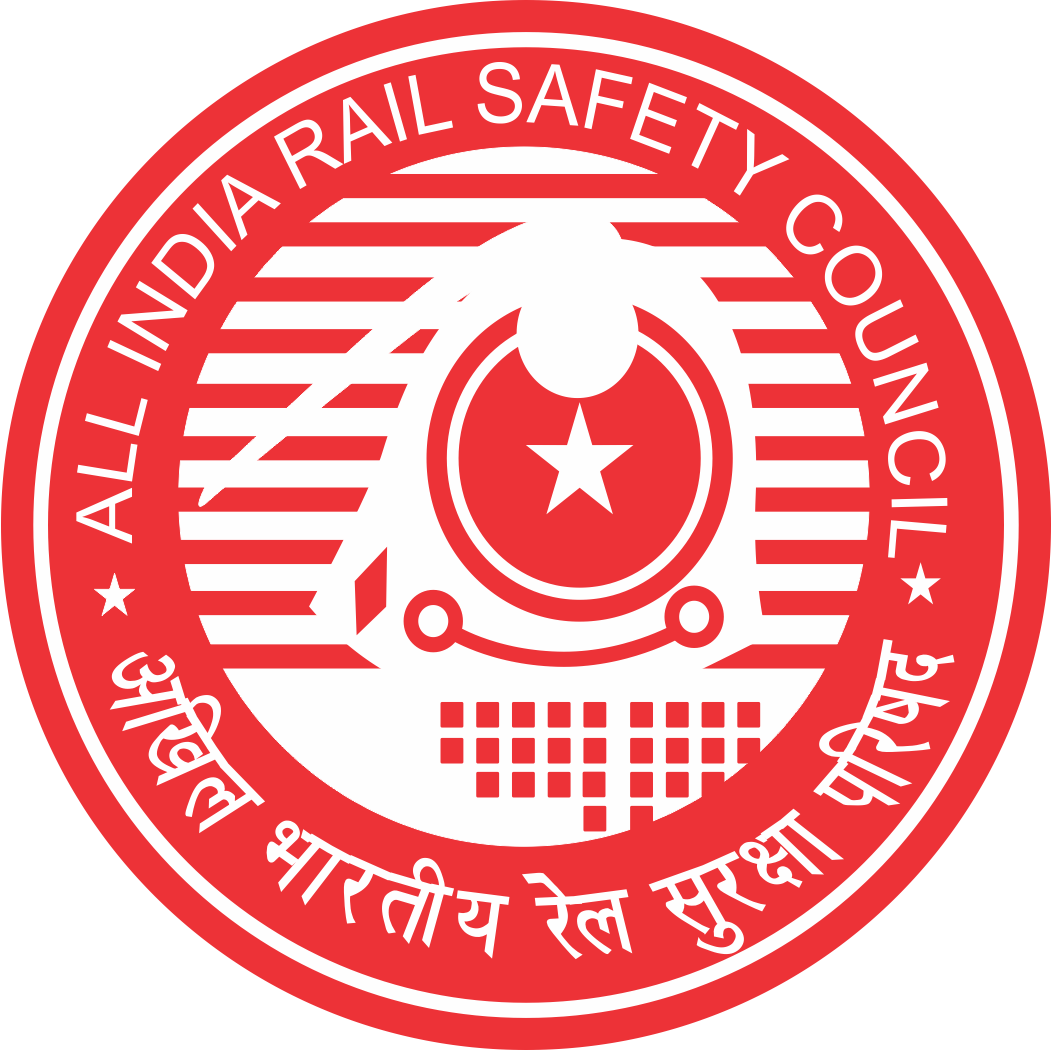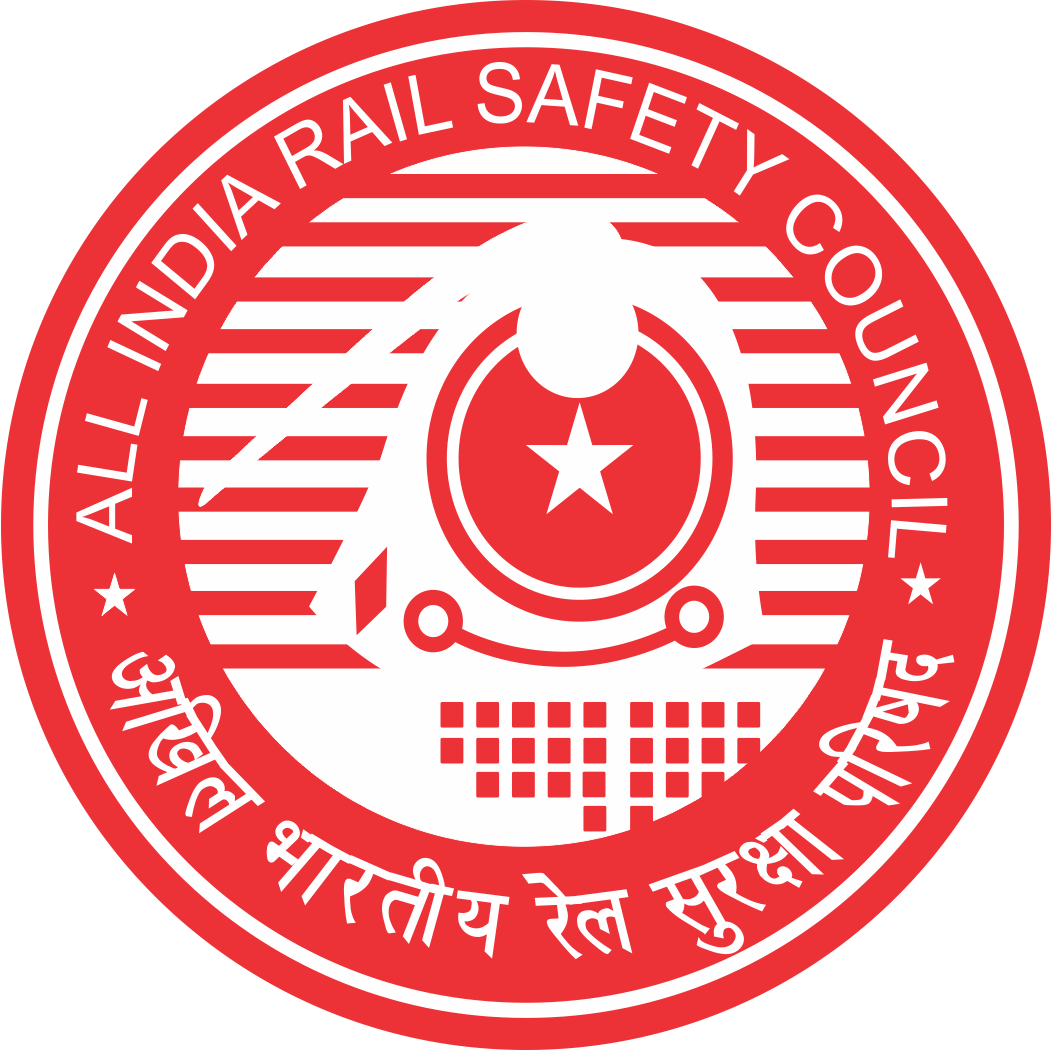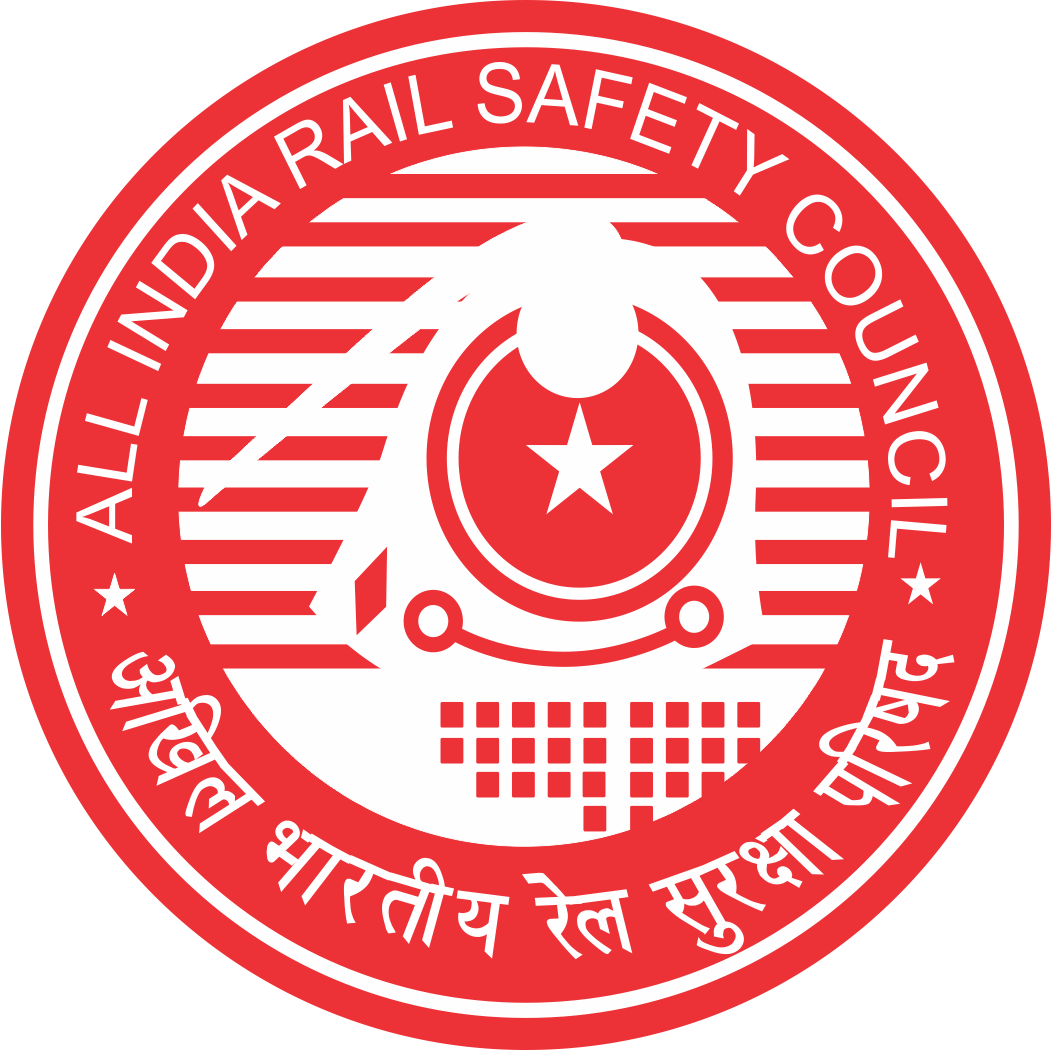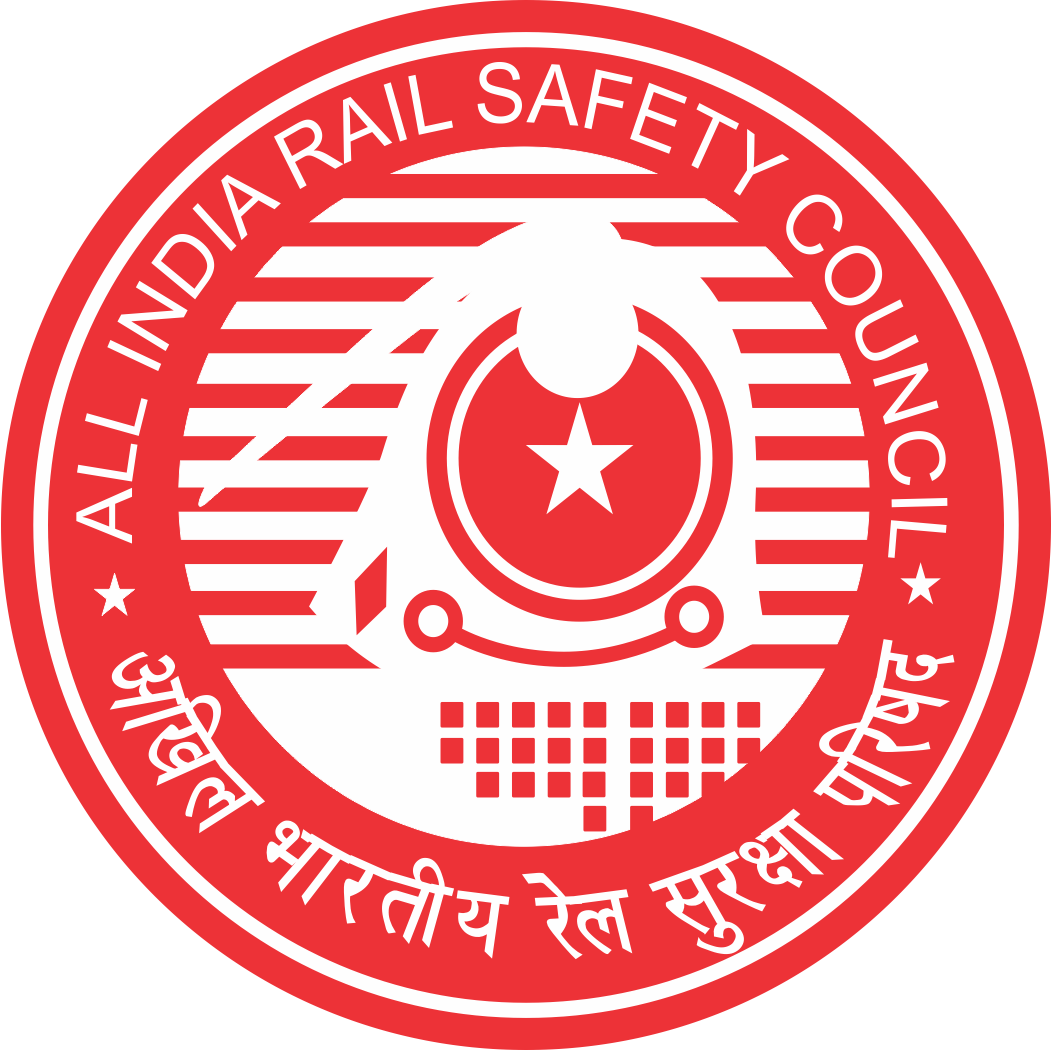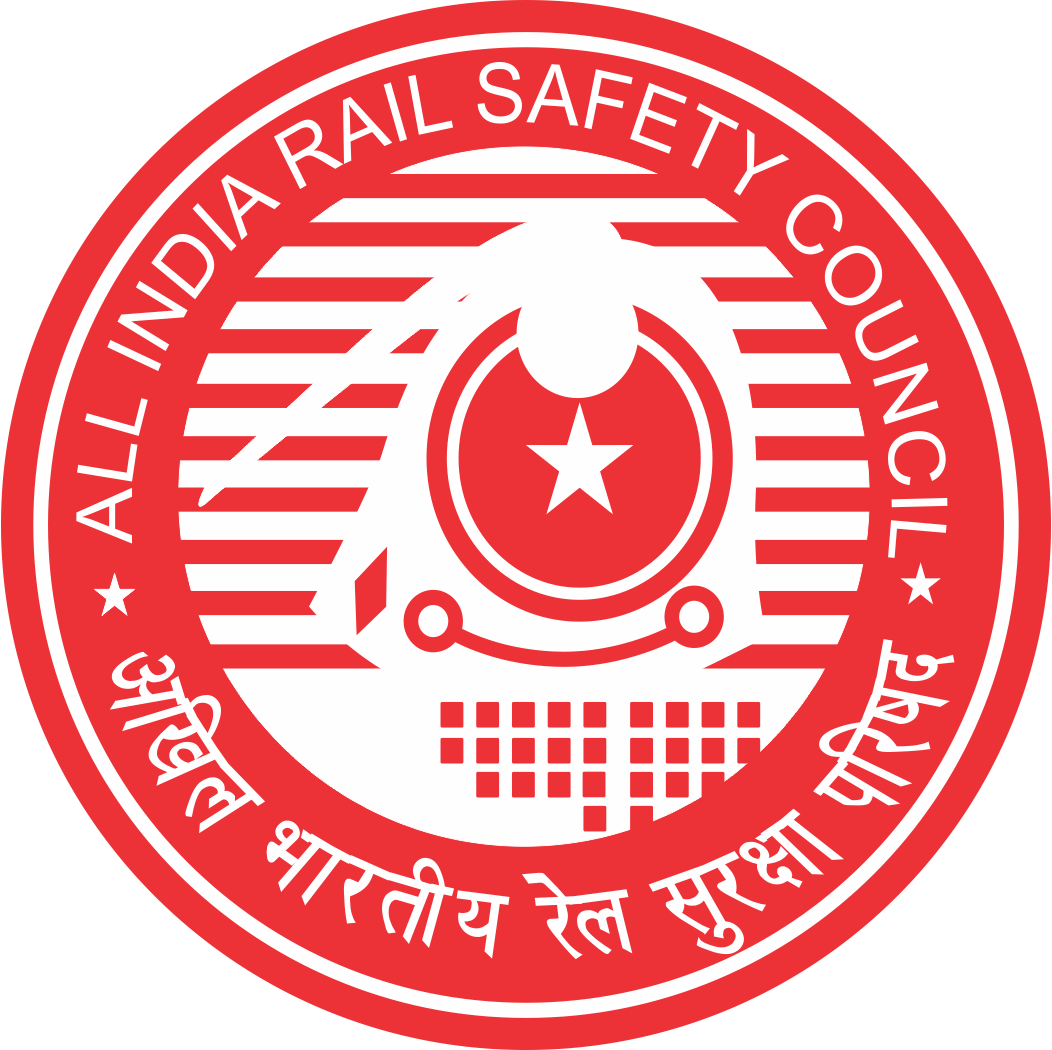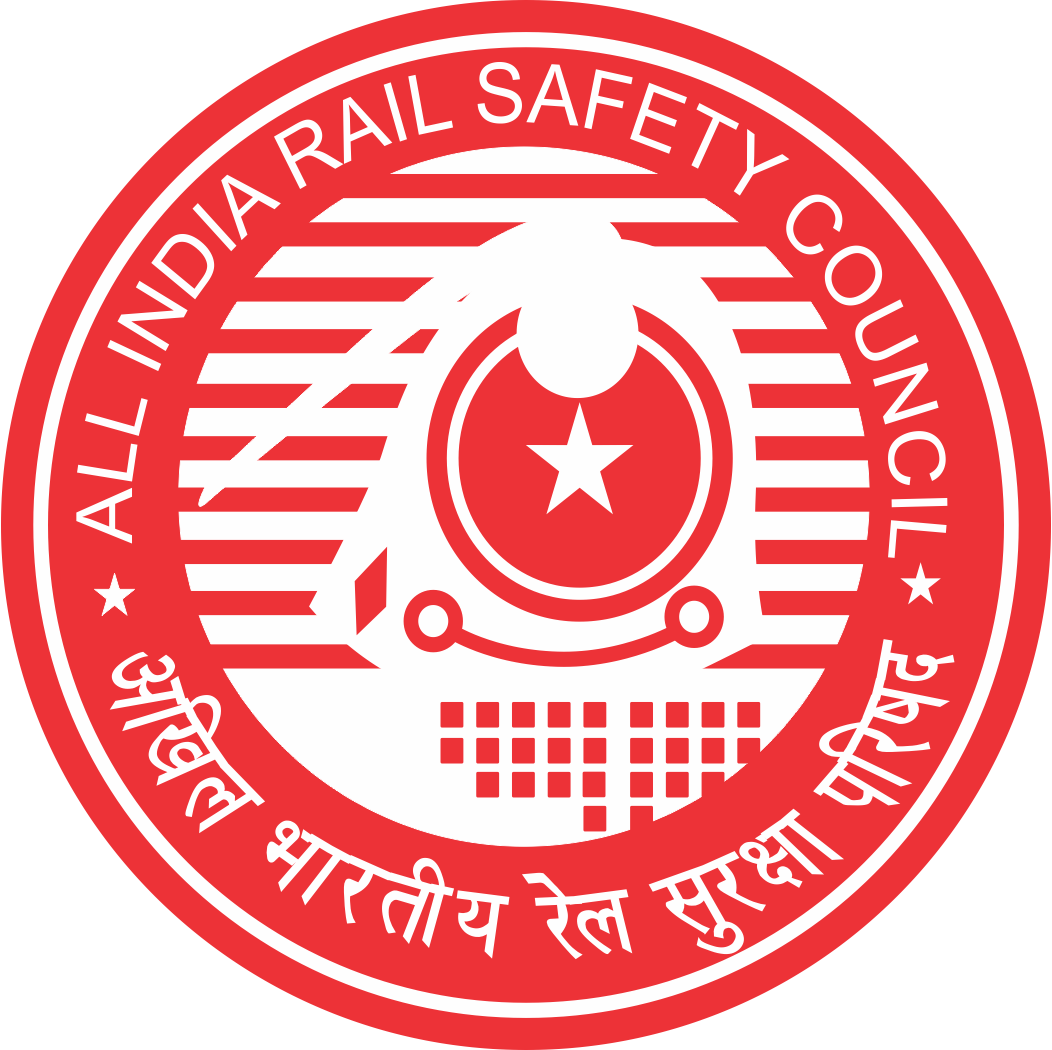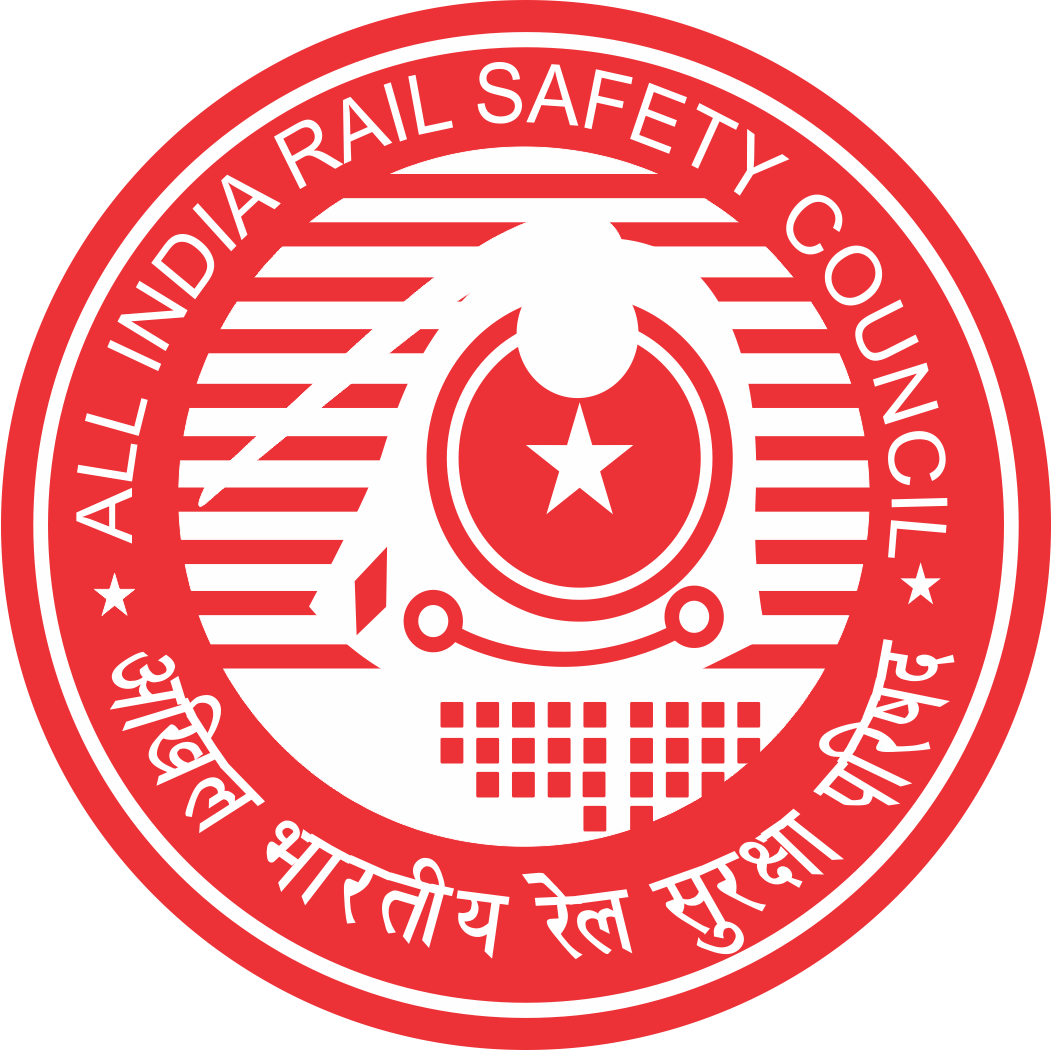Are you ready to grow up your business? Contact Us
_2025-03-09_16_42_02.png)
About Rail Safety Recruitment Board
(RSRB)
The Rail
Safety Recruitment Board (RSRB) was established by the All India Rail Safety Council (AIRSC) to meet the demand for
skilled professionals and workforce in the rail and metro industries. Operating
under one umbrella, RSRB serves both Indian and international clients by
providing top-notch recruitment solutions.
All India Rail Safety Council (AIRSC)
The AIRSC is a registered organization
headquartered in New Delhi, recognized for its world-class safety services. Its
services include:
Real-time incident tracking.
Analytical safety reports.
Crisis management and mapping solutions.
Training and orientation programs.
With a global focus, AIRSC fosters a
research-oriented environment to enhance rail safety training and operational
standards.
Our Vision
To bridge the talent gap in the rail and
metro sectors by delivering highly trained technical and operational
professionals, fostering safety excellence, and supporting industry growth at a
global level.
Recruitment Services at RSRB
RSRB offers a unified platform connecting:
Job Seekers: From blue-collar technicians to
senior professionals in various technical domains.
Employers: Companies in manufacturing,
contracting, and consultancy for rail and metro projects.
Our Talent Pool covers diverse expertise in:
Mechanical and Electrical Engineering
Signalling and Telecommunications
Civil and Structural Engineering
Operations and Manufacturing
Our recruitment process ensures efficient
hiring tailored to client requirements.
Growing Demand in Rail and Metro Sectors India’s
rail and metro industries are expanding rapidly, driven by projects in over 20
cities. New metro systems are transforming urban infrastructure, creating vast
employment opportunities for
Fresh graduates.
Engineers and technicians.
Apprentices and diploma holders.
Retired professionals seeking redeployment.
Under the ‘Aatmanirbhar Bharat’ initiative,
RSRB supports local talent, enabling them to contribute to India’s
infrastructure revolution.
Educational and Training Backing
RSRB collaborates with AIRSC’s affiliated
institutions:
AIRSC Academy of Safety and Disaster
Management.
University of Rail Safety Technology and
Management (Upcoming).
These institutions provide technical training
and certifications to prepare candidates for evolving industry needs.
Why Partner with RSRB?
Long-Term Relationships: Dedicated Account
Managers collaborate with clients to understand technical and administrative
needs.
Comprehensive Recruitment Solutions:
Supporting campus placements, experienced professionals, and retirees.
Custom-Focused Support: Tailored solutions
for smooth, timely recruitment.
Key Recruitment Areas:
Campus placement for fresh talent.
Hiring experienced professionals for
infrastructure projects.
Redeploying retired rail and metro sector
experts.
Commitment to Excellence
RSRB strives to be the partner of choice for
the rail and metro industry by delivering qualified, reliable, and
safety-trained professionals. Together, we ensure sustainable growth and a
brighter future for the infrastructure sector.

